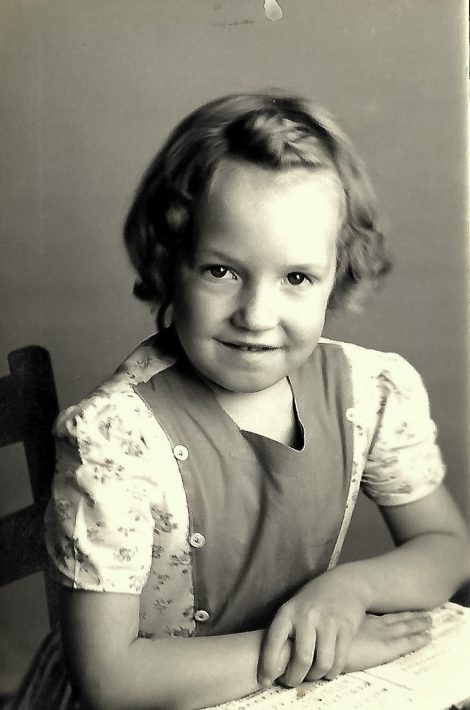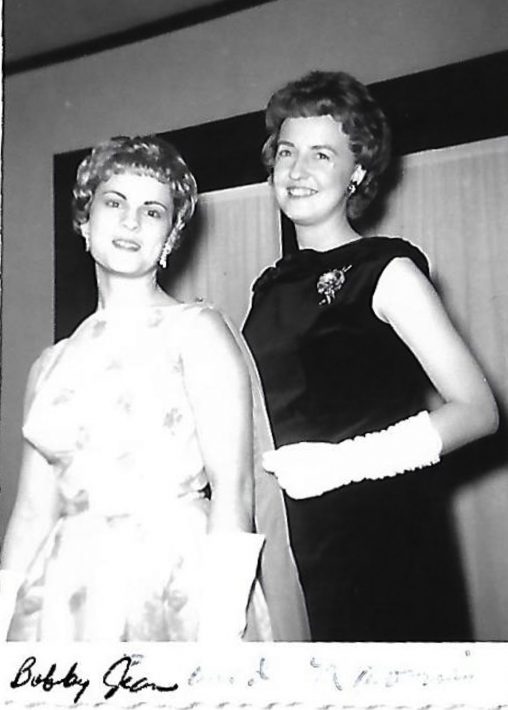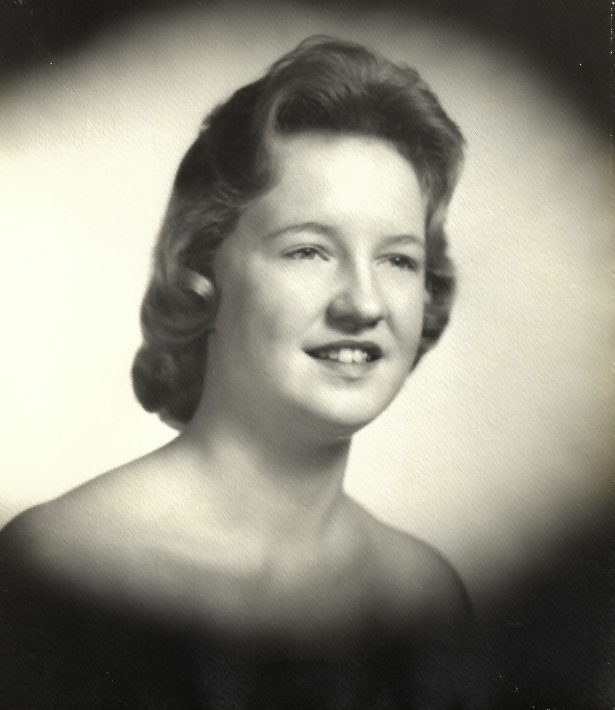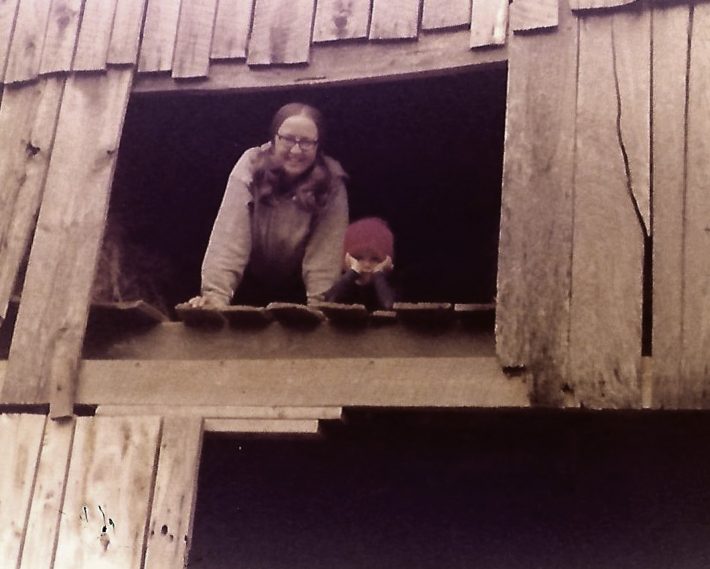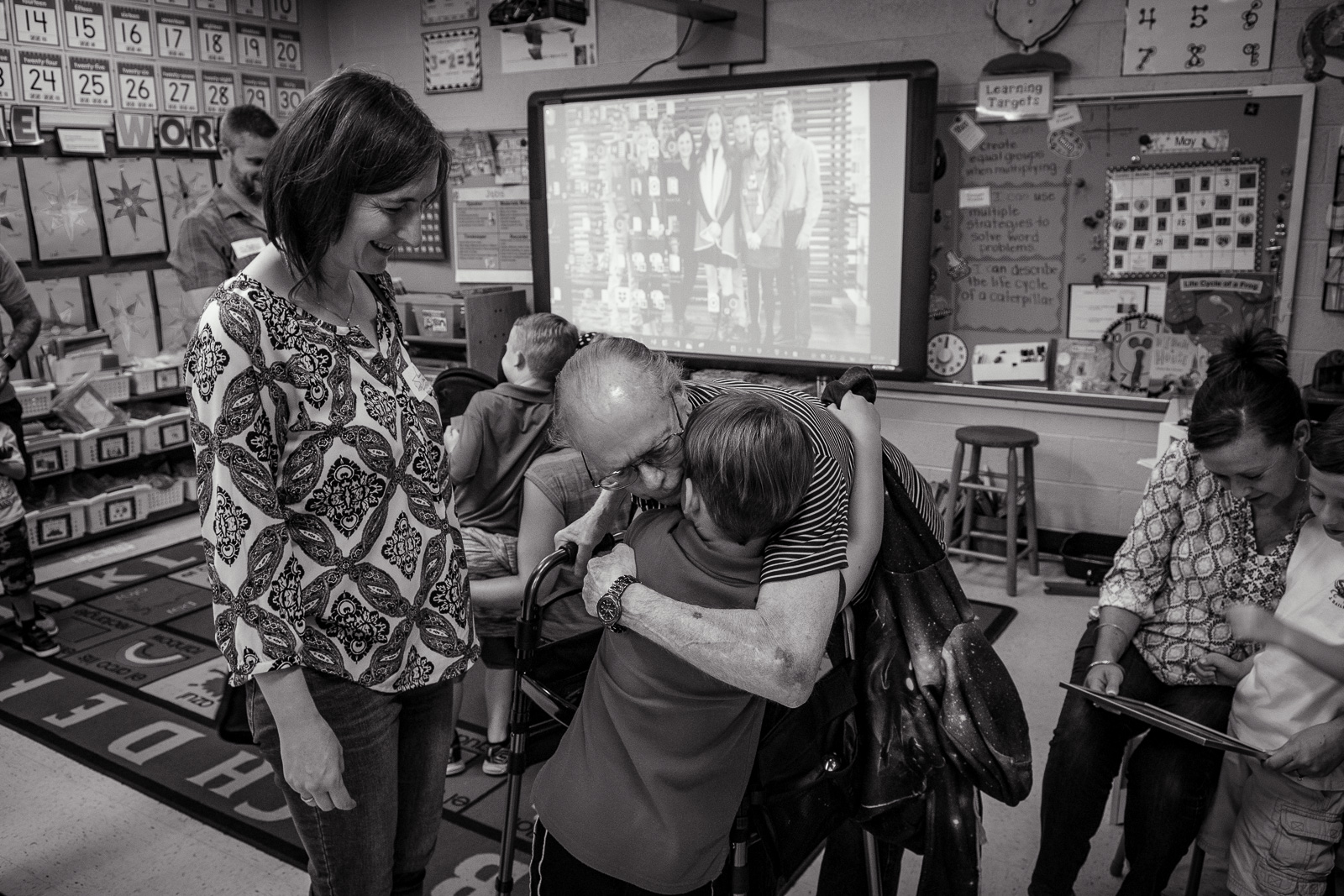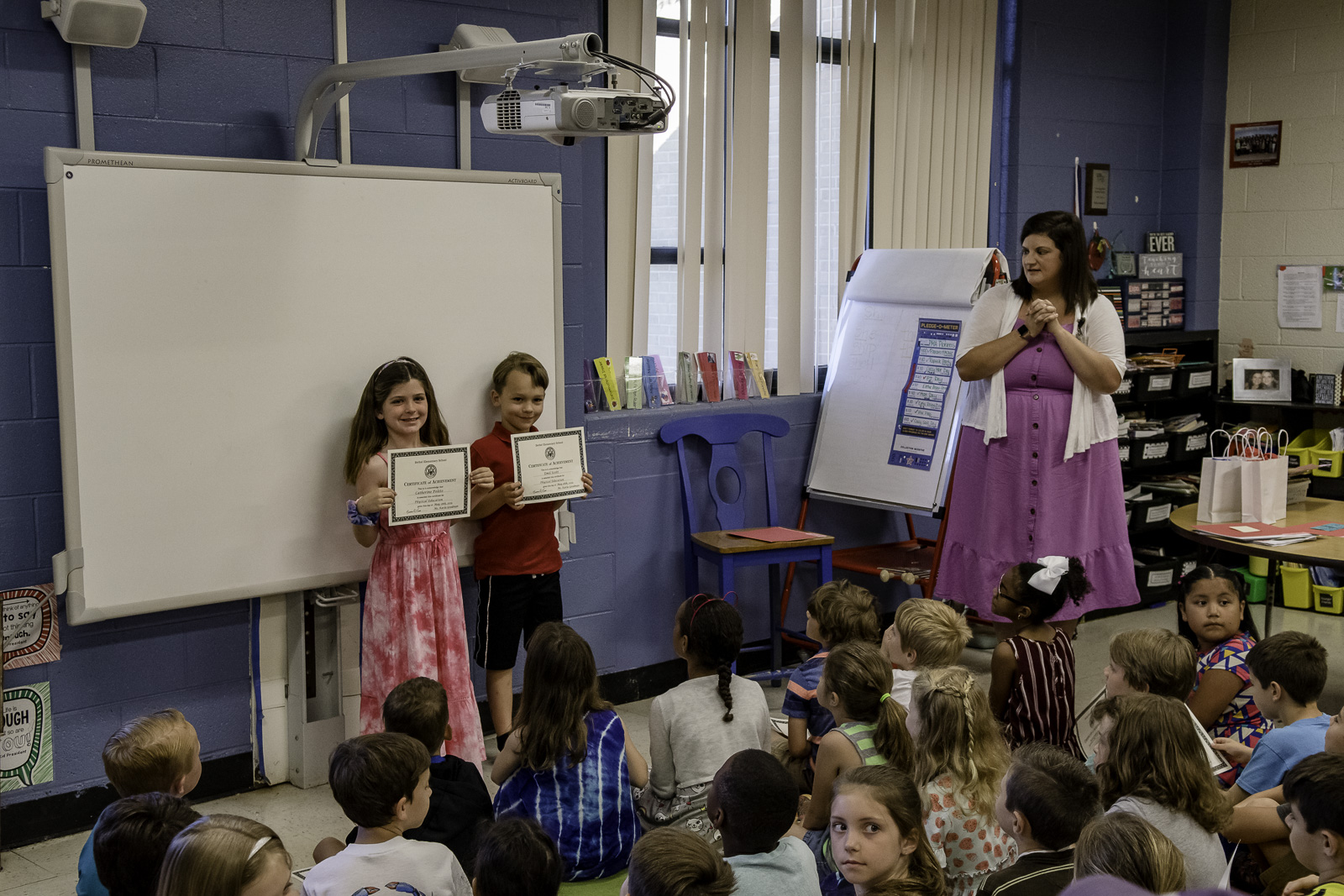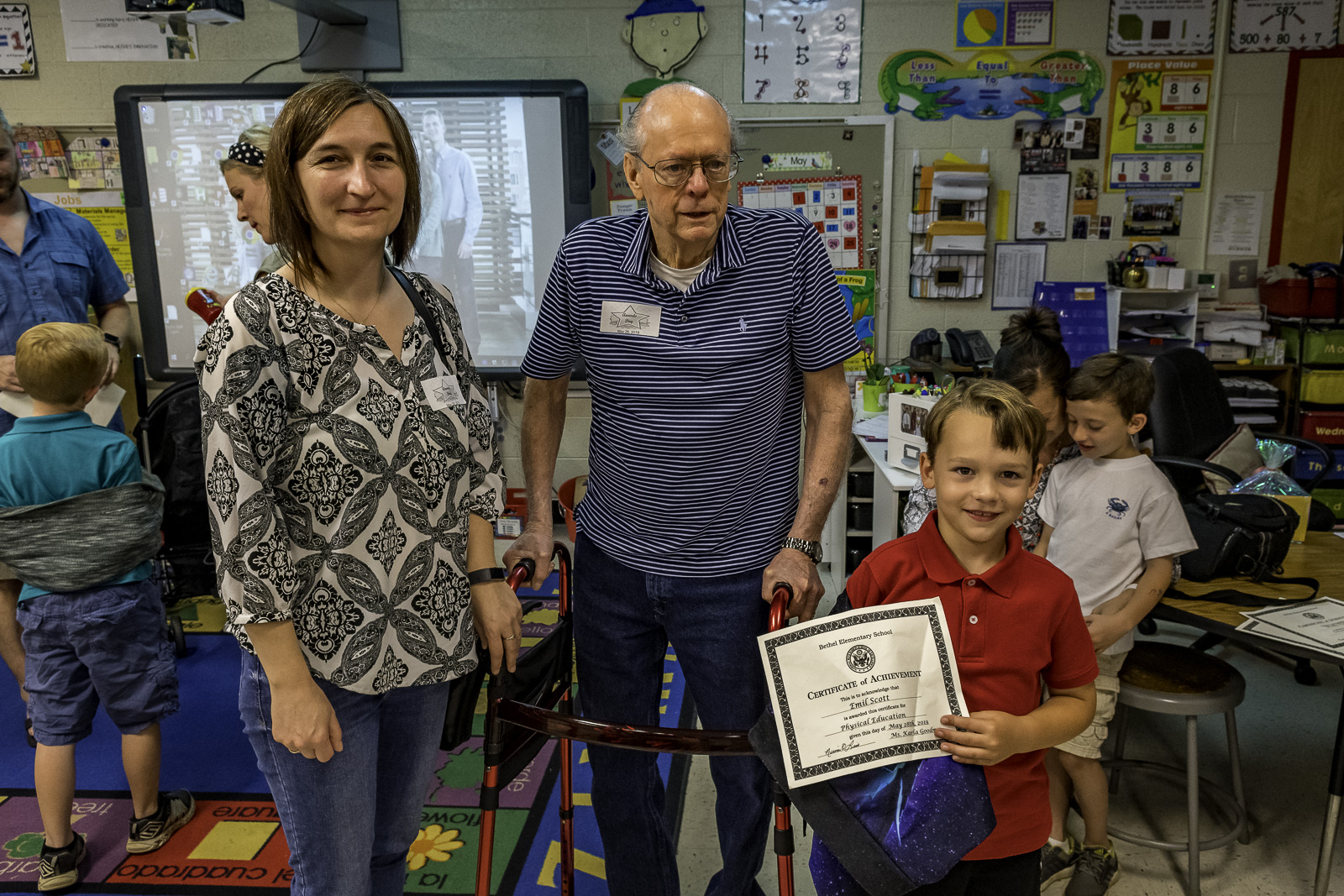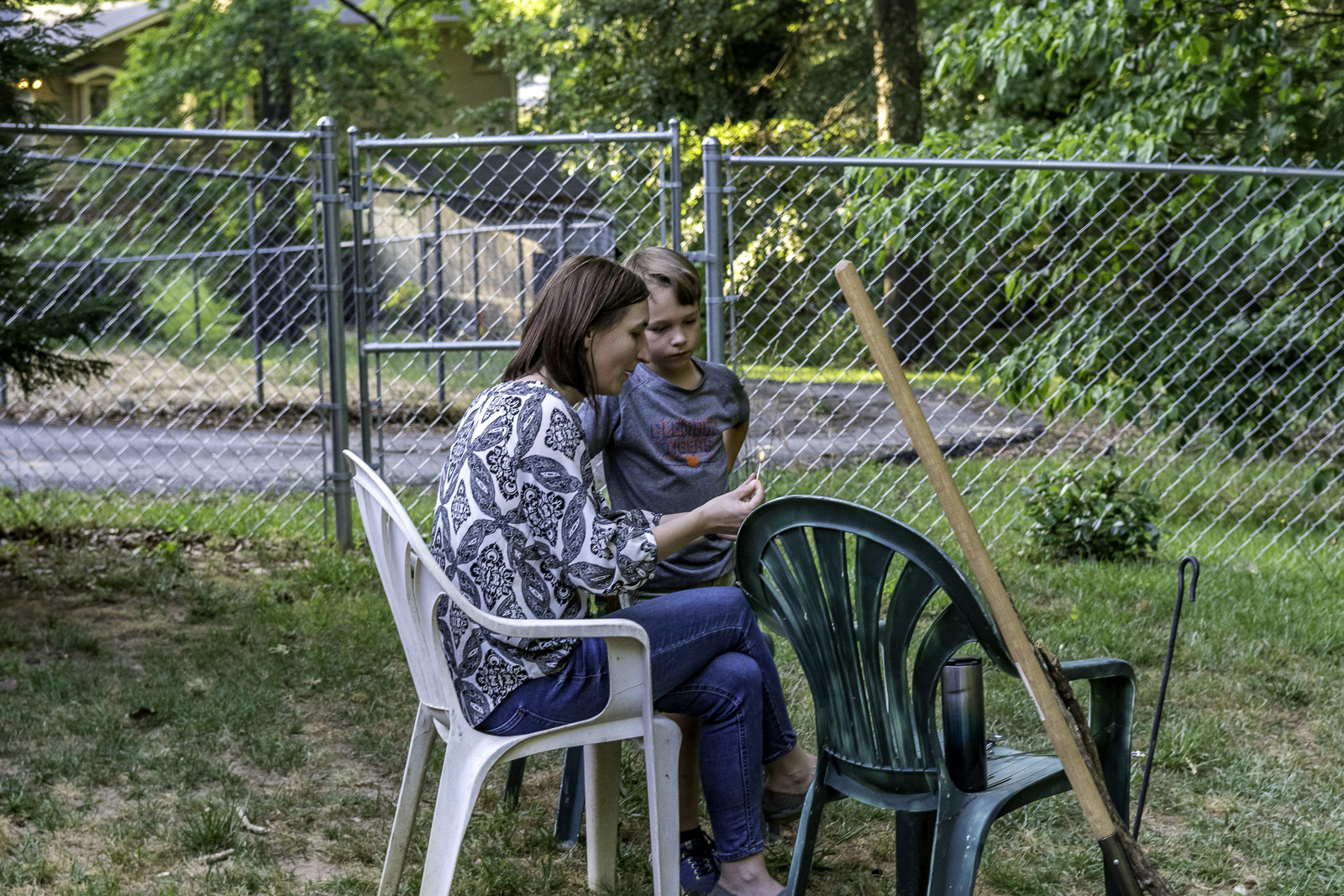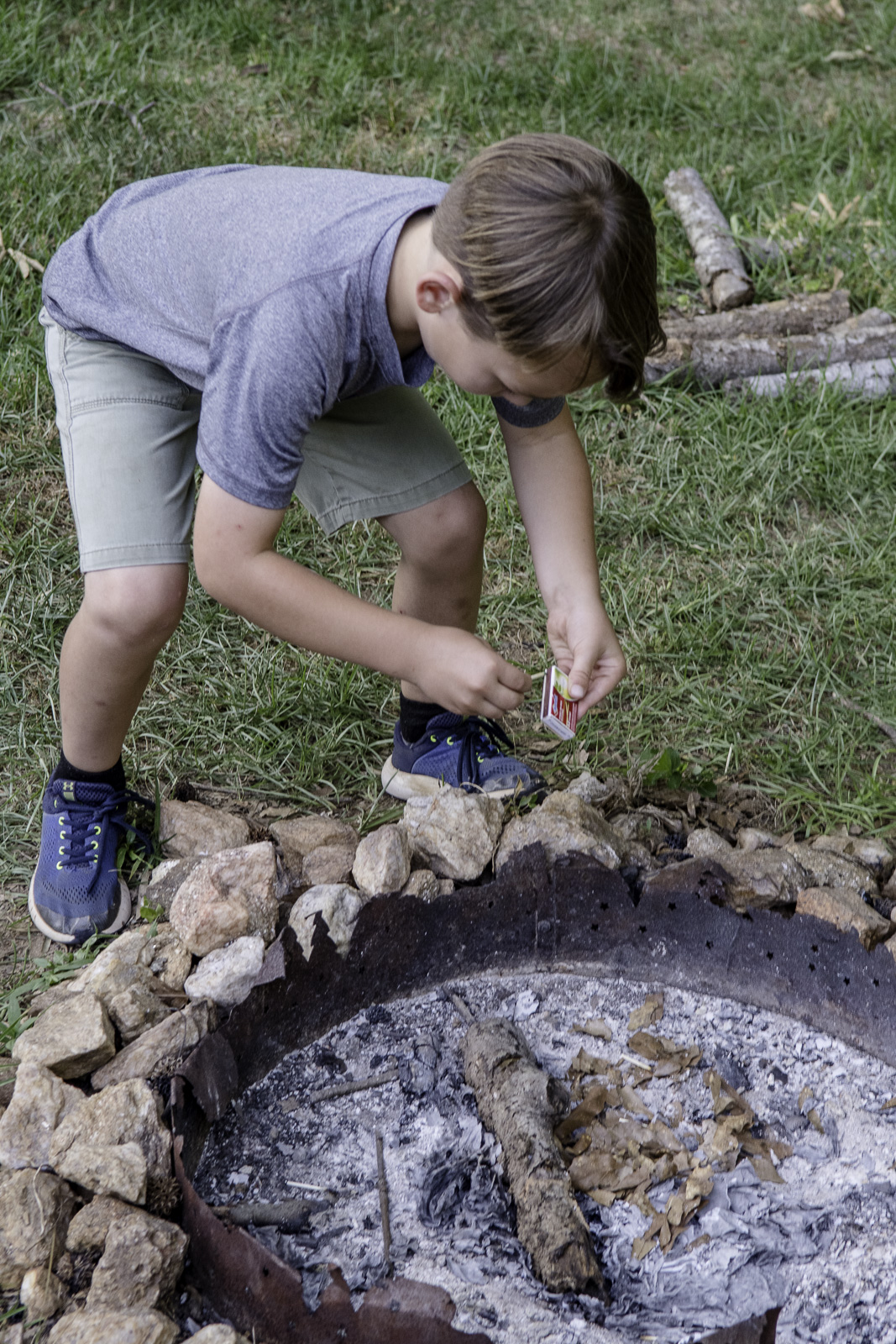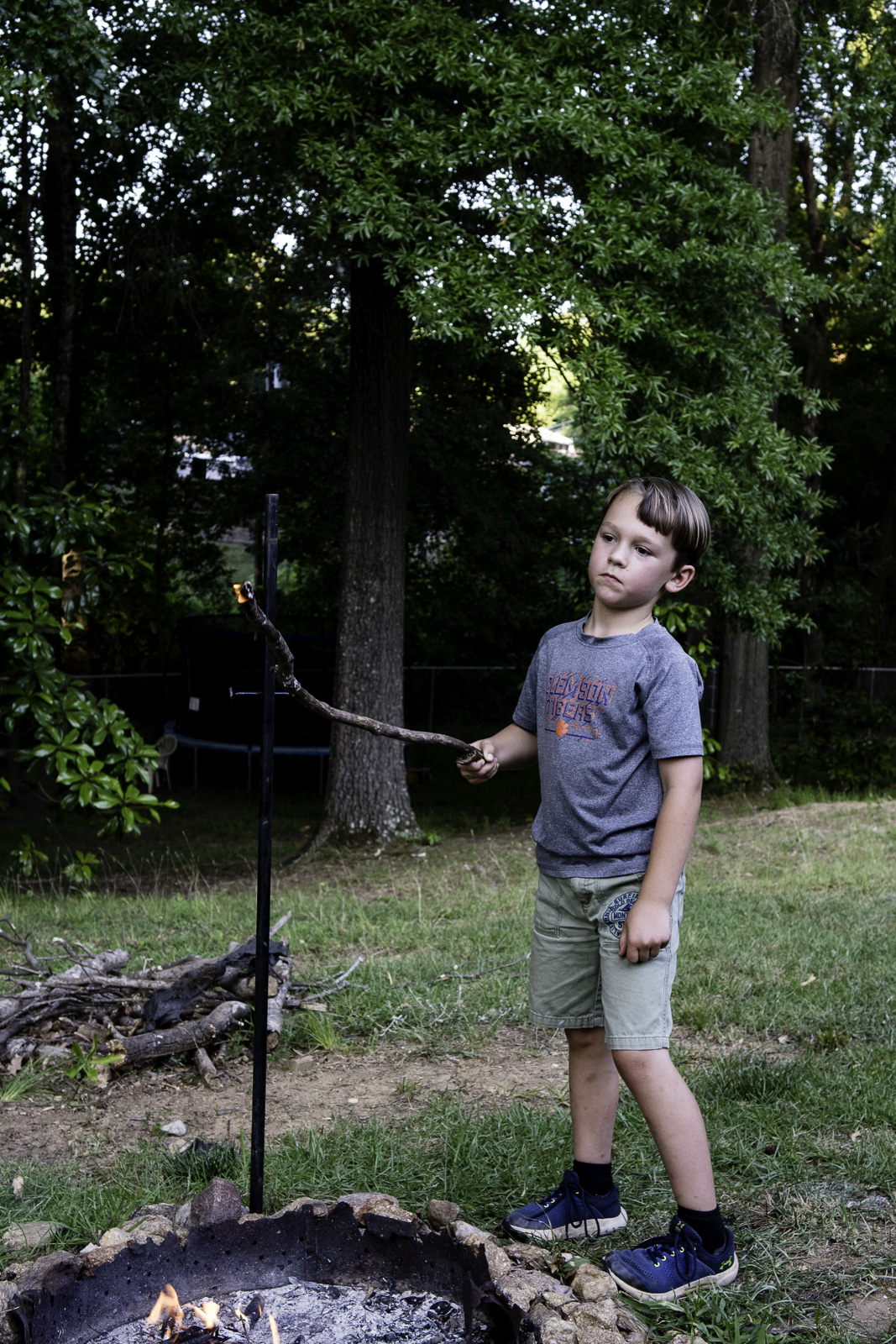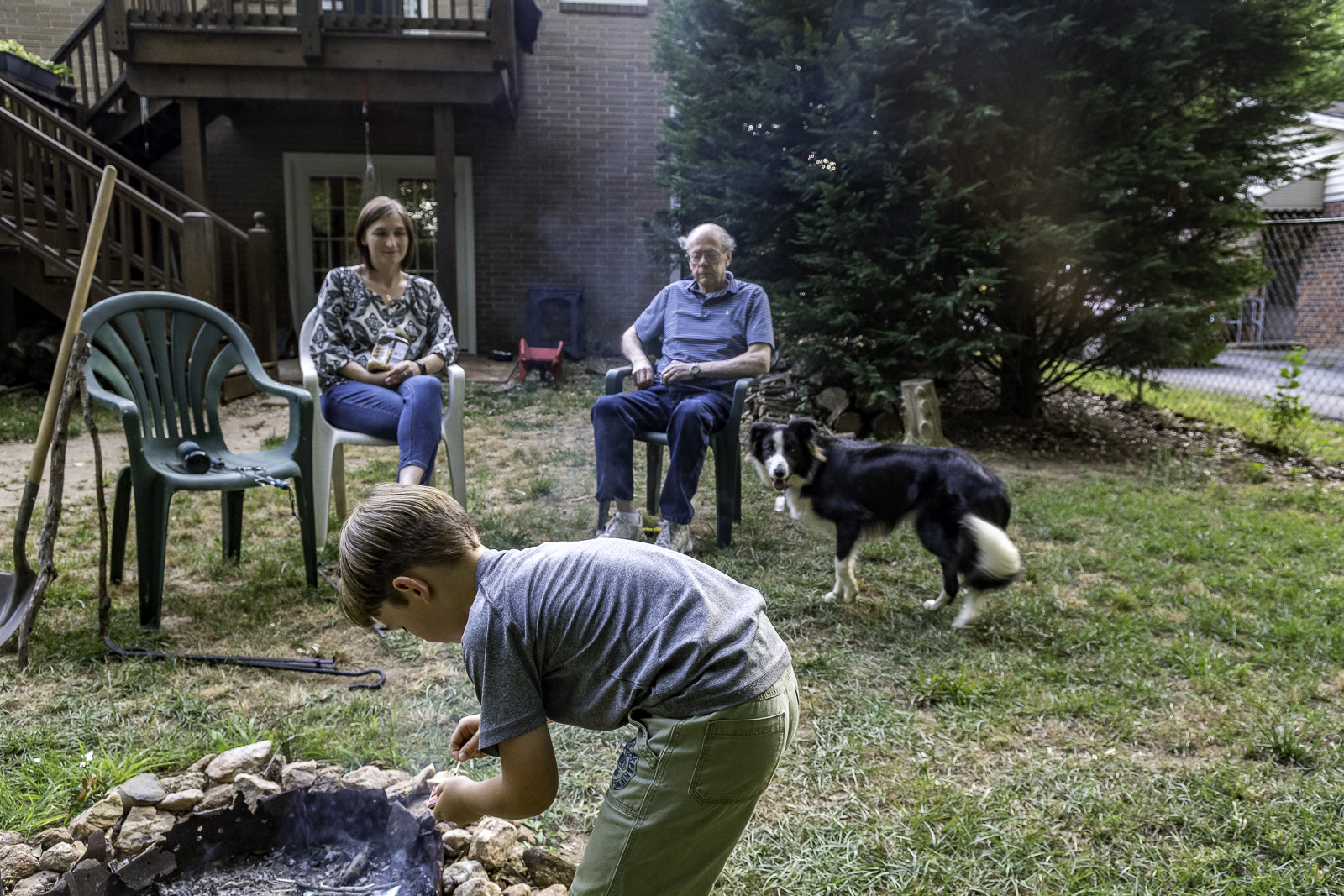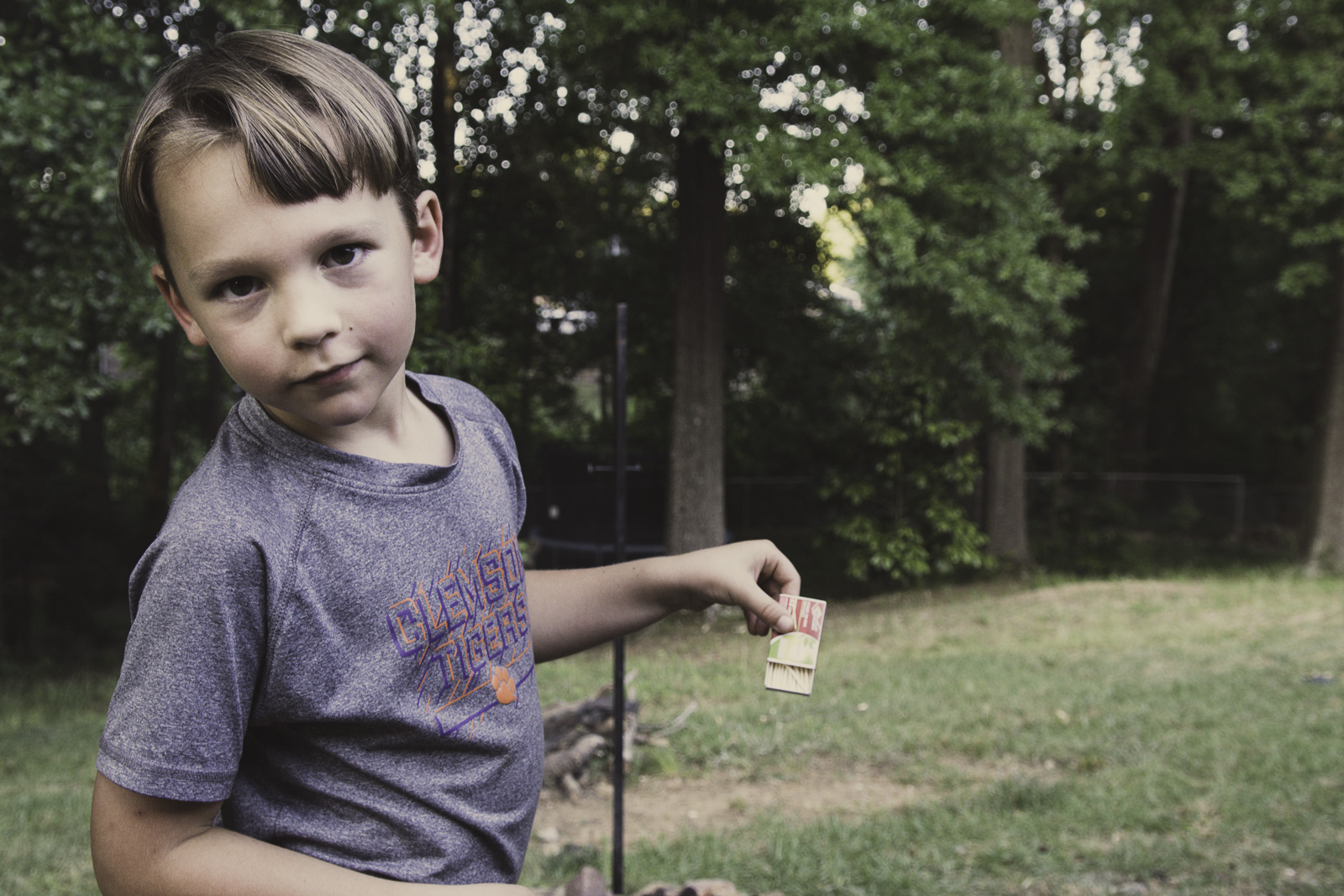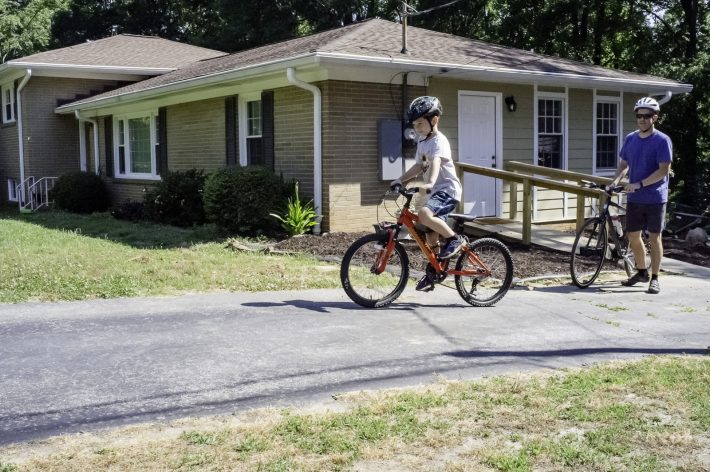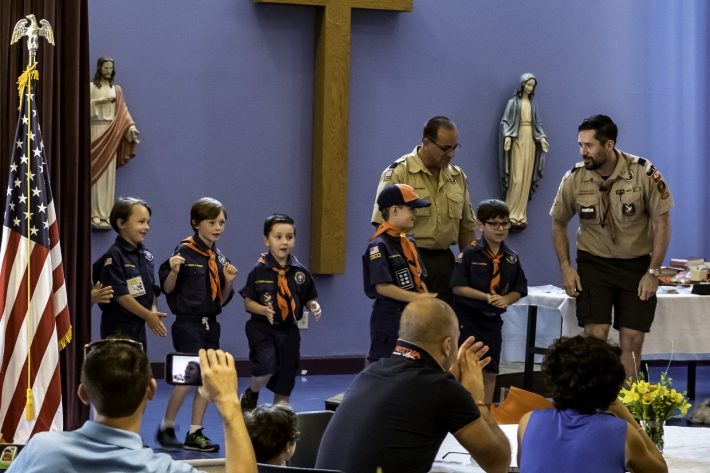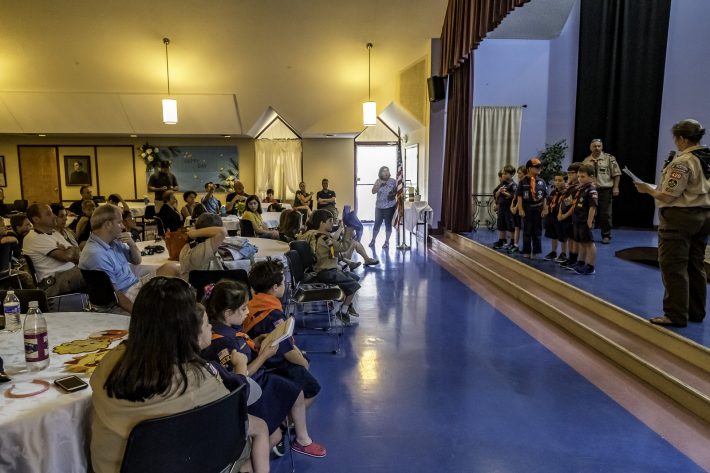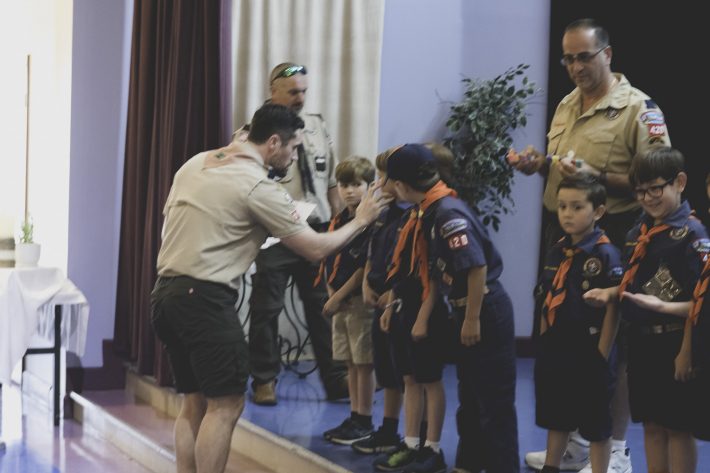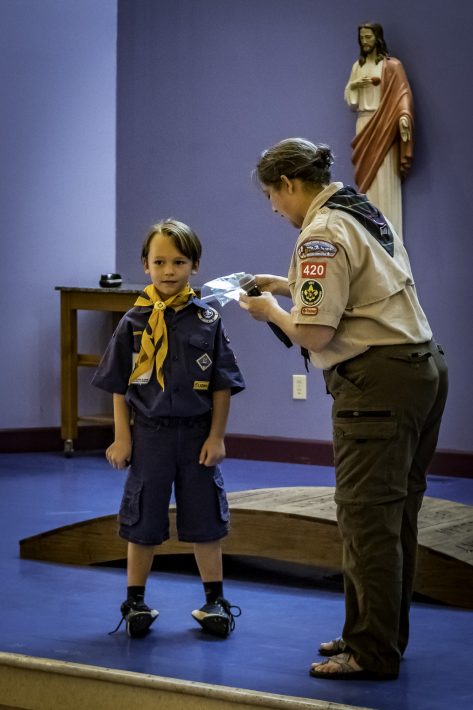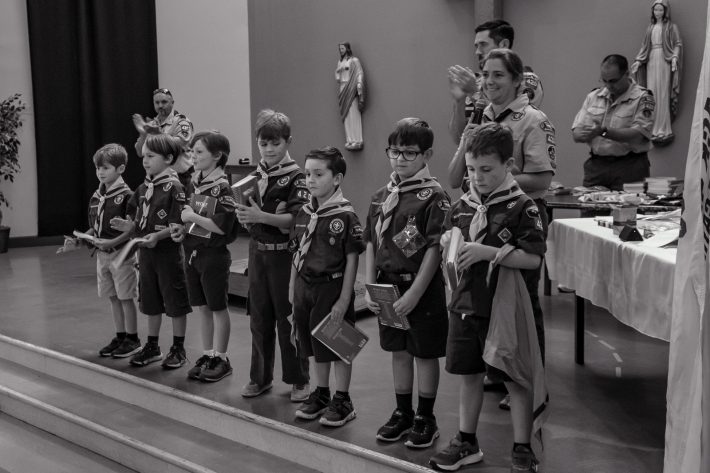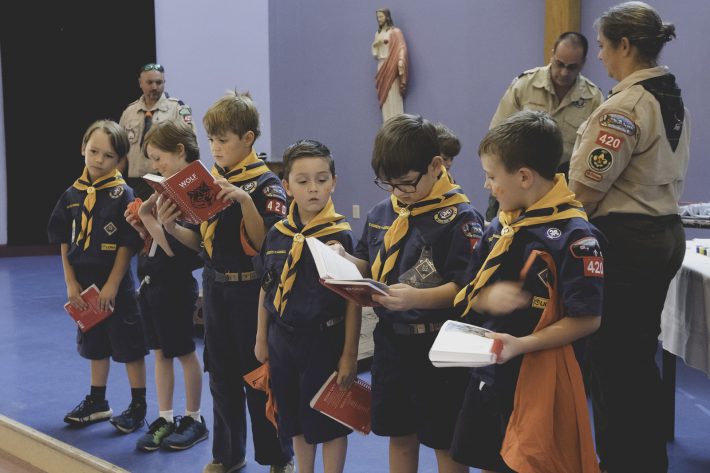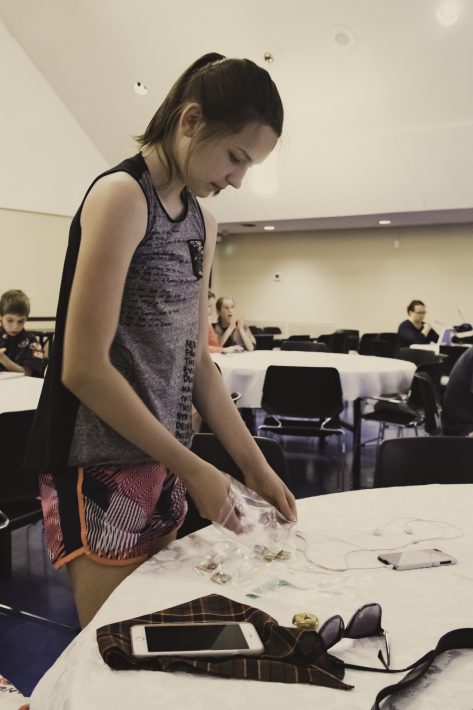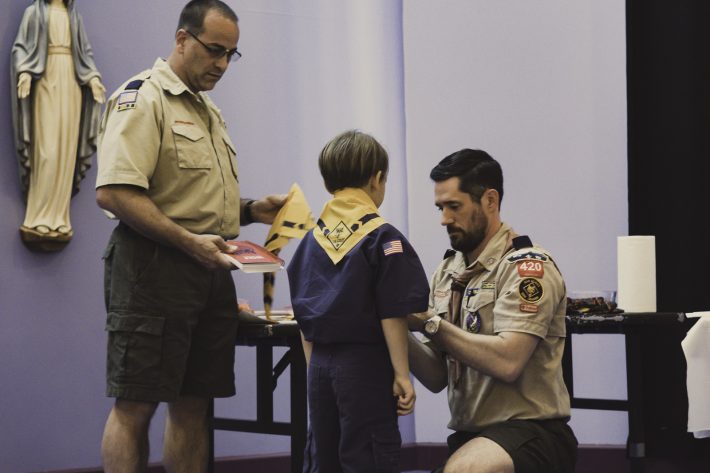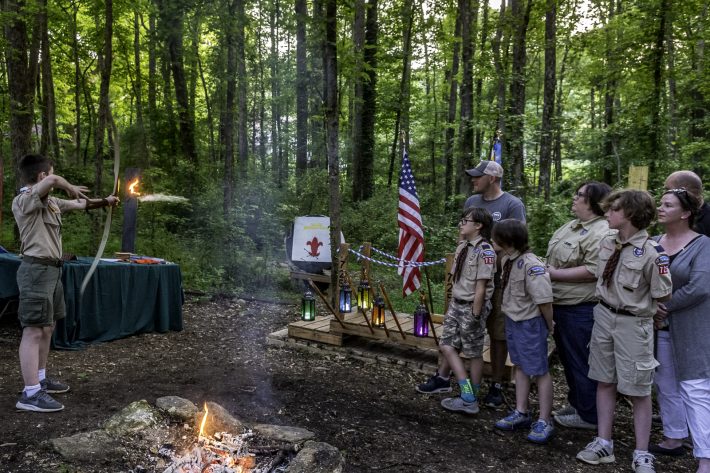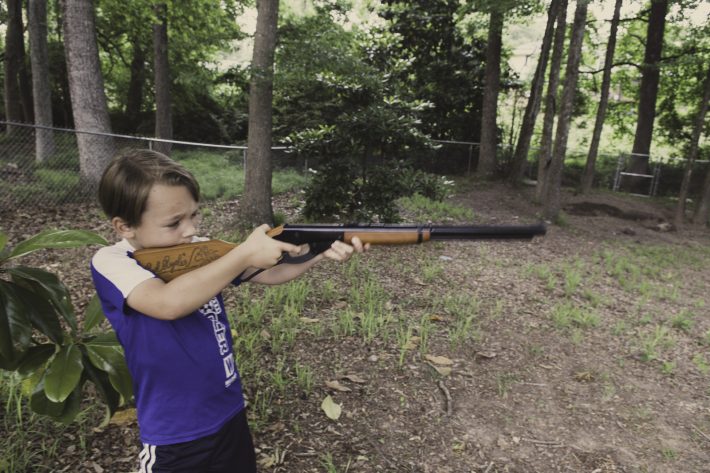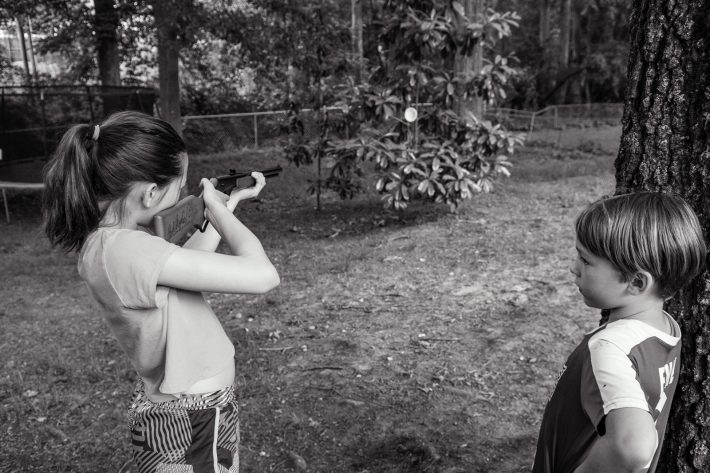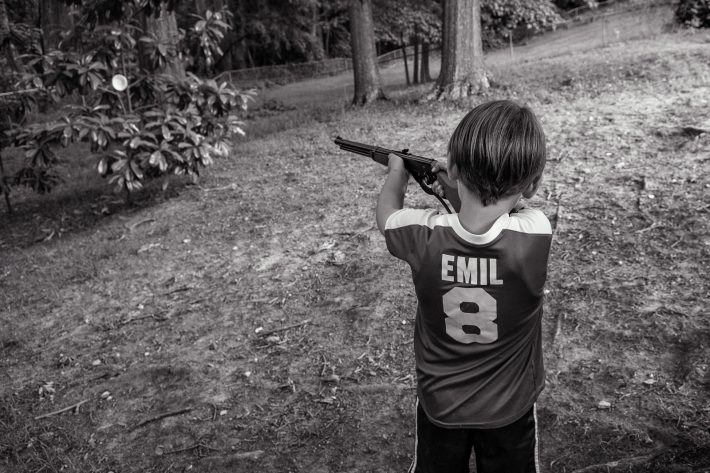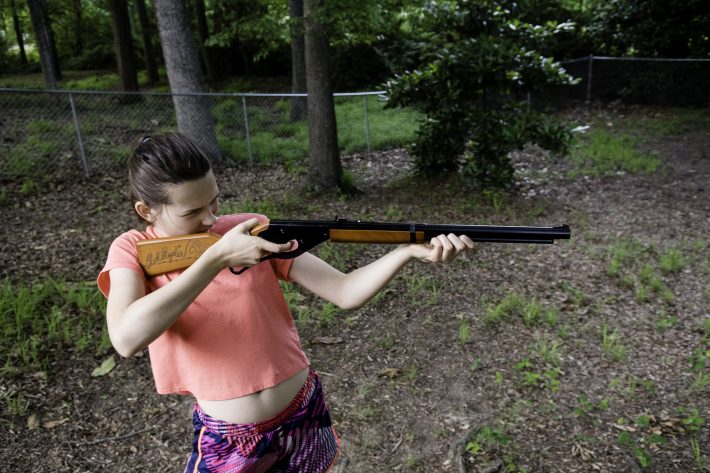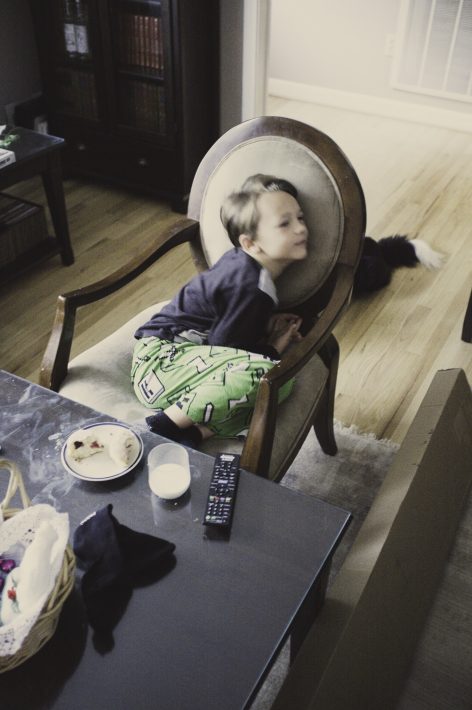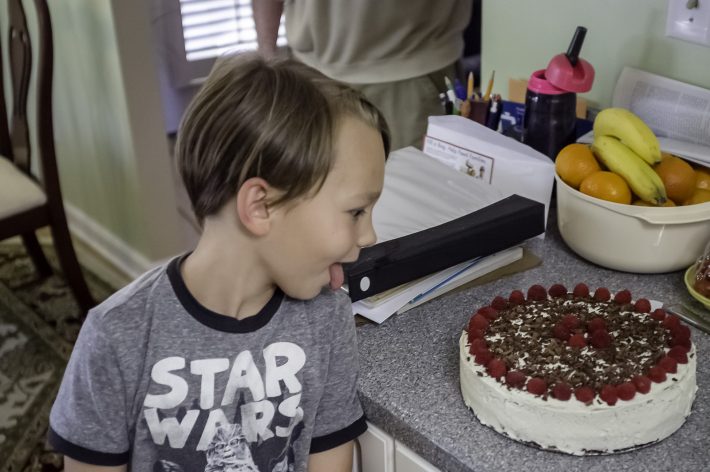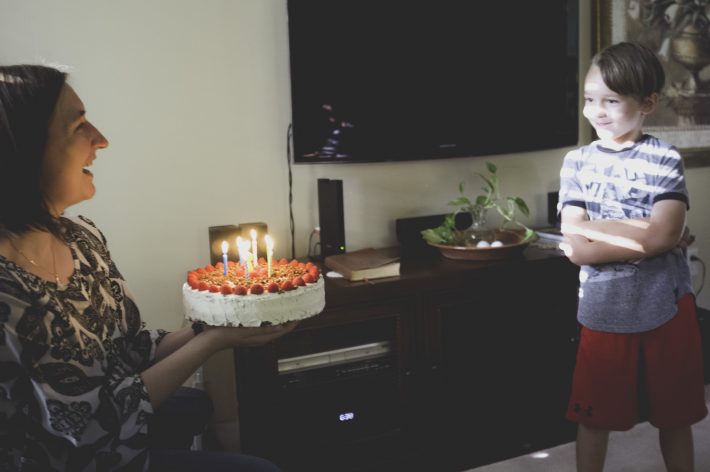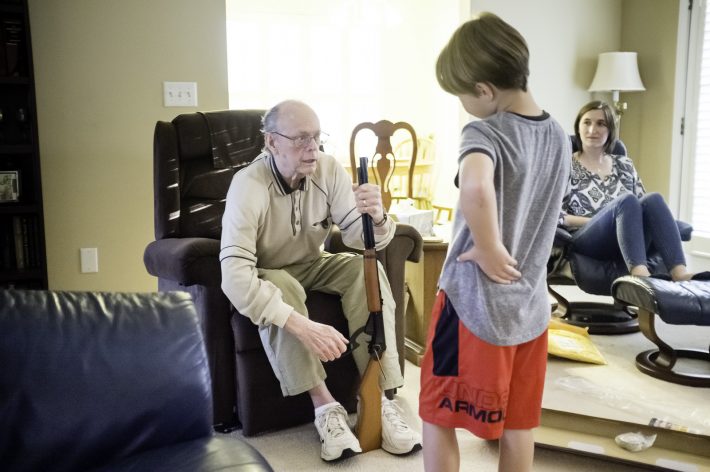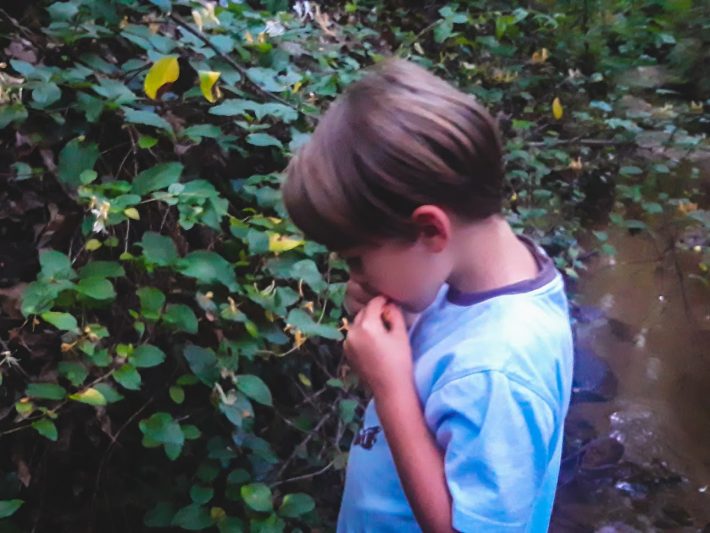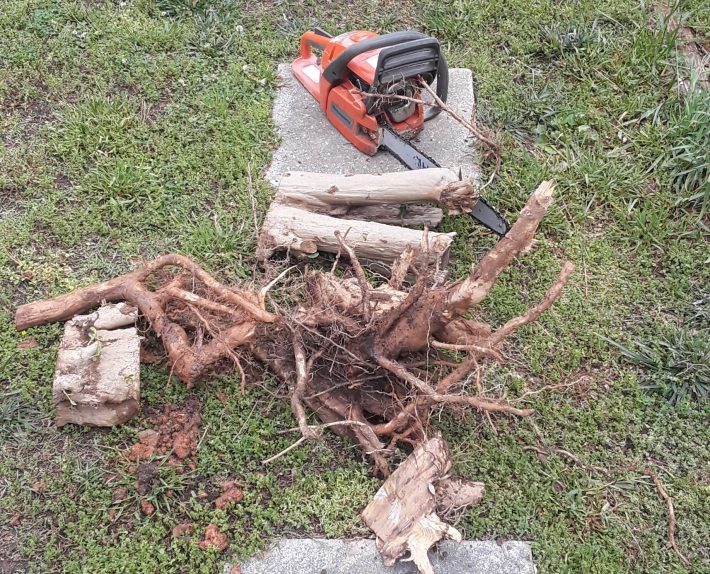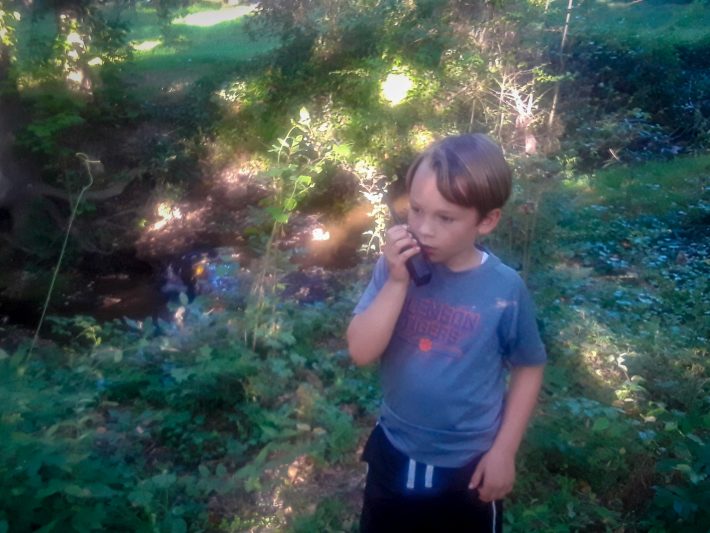I’ve never been good at endings. I’ve always grown sentimental, nostalgic.
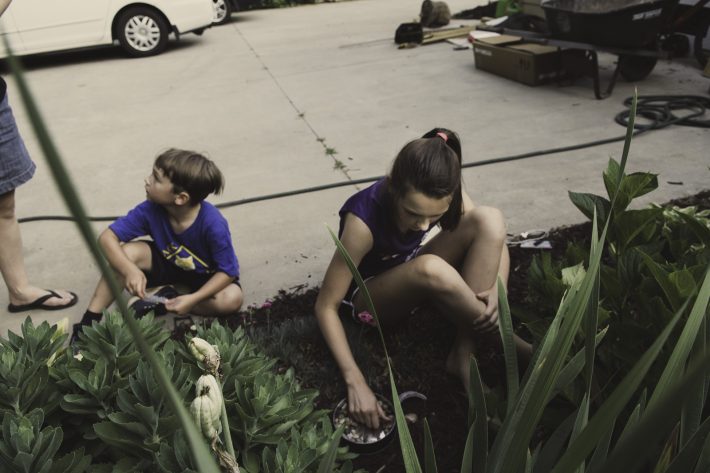
When I was young and our annual church festivals came to an end, I had a hard time letting go. Always a mix of vacation and something just a bit more meaningful, they were the highlight of the year for me, and when the final day came around, I often had difficulty enjoying it because it knew it was just that — the end. Still, there was the comfort that it would come again next year, and I could always look to that future with the hope that it would be even better than this year’s. It rarely was. It was different — not better, not worse, just different.
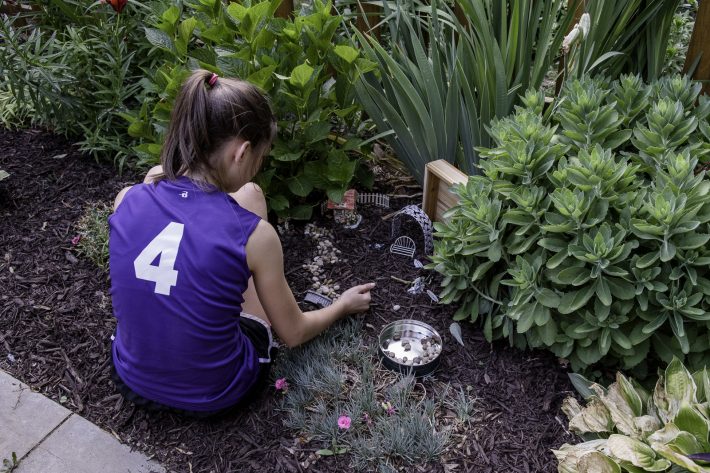
When I returned from Poland in 1999, the nostalgia led me to return to Poland two years later, which eventually led to my marriage to the only woman so amazing that I feel I don’t deserve her in any sense of the word. Arriving again in the small village I’d called home for three years, though, I found that it was so much different than the first experience. Not better, not worse, just different.
When the school year ended when I was a beginning eighth-grade teacher in the States, I was always a little sad about the fact that I’d most likely never see those kids again. In Poland, I knew I’d see them all again — most likely, even the seniors. It was, after all, a small village. Experience has taught me, though, that I’ll fall in love with the next year’s class just as much as I did with this year’s class, that there will be kids who drive me nuts in that class, that there will be kids that break my heart in that class. The numbers will be different, the personalities will be different, but that’s not better or worse. Just different.
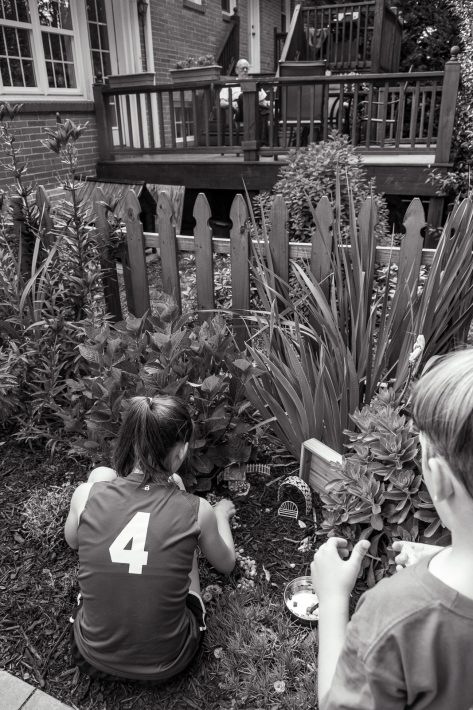
Nana’s passing has haunted some corner of my imagination for the last few days — has it really only been three and a half days since she passed? it seems an eternity — in a way that I couldn’t explain until I was out for my walk with Clover this evening, listening to Sufjan Steven’s absolutely brilliant album Carrie & Lowell. This is not an ending that has any hope of return, any hope of a re-do, any hope of a change that is simply different. It’s not different; it’s not better; it’s just worse.
